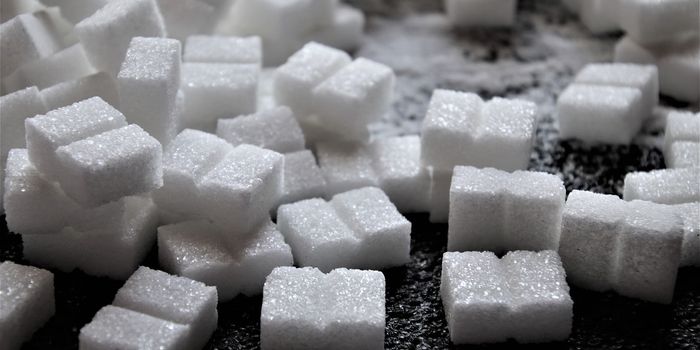A New Drug Candidate to Combat Cardiac Fibrosis
Medicine is undoubtedly reaching a golden age, as researchers expand diagnostic and therapeutic tools like never before. Studies reveal new biomarkers every year. These biomarkers act as markers of disease progression, as well as starting points for further therapeutic investigations. Cancer is what usually gets the most attention, but cardiovascular disease is easily the next on the list.
Heart failure is a cardiac condition and one of the leading reasons for hospitalization worldwide. One of its primary causes is a condition called cardiac fibrosis. Cardiac Fibrosis is when cardiac fibroblasts accumulate in the heart. These fibroblasts form a thick layer of tissue around the heart and make it harder for the heart to beat. Researchers are investigating biomarkers to follow this process, and maybe even prevent it before it causes heart failure.
One team from the Universite de Paris in France had previously identified one such biomarker candidate. Their study had found that twenty-two percent of the cardiac fibroblasts in a mouse model stemmed from the expression of the protein PW1. PW1 is a genetic factor that transformed stem cells into cardiac fibroblasts, which then began to accumulate in the hearts of the mice and cause heart failure. A new study sought to elaborate more on this and identify how PW1 might work.
They reasoned that PW1 was involved in genetic expression, and therefore needed a receptor protein that would need to be activated. The team began by identifying receptors on the outside of the cell proteomics to measure proteins, and transcriptomics to measure genetic activity. This process revealed five prime candidates found in PW1+ cardiac cells. Of these, only αV-integrin (CD51) was unique to PW1+ cells.
CD51 is a cell receptor involved in cell-cell interactions and associated with the differentiation of stem cells. Further study showed that it was not only upregulated in PW1+ cells, but a particular complex of two aV-integrin variants was unique to PW1+ fibroblasts.
The team then used an inhibitor of CD51 to investigate its role in heart failure. Mouse models revealed that the inhibitor significantly reduced fatalities due to heart attacks. CD51 inhibition had reduced the accumulation of cardiac fibroblasts in the hearts of the mice. In other words, it had suppressed cardiac fibrosis.
This study provides a strong candidate for a new cardiac fibrosis biomarker. The team showed that in mice, inhibition of CD51 prevented PW1 dependent transformation of stem cells into cardiac fibroblasts. This inhibition significantly reduced cardiac fibrosis progression, which led to increased survival post-heart attack in mouse models.
The team concludes, “Overall, these data identify cardiac PW1+ cells as a source of cardiac fibrosis in response to ischemic injury via αV-integrin and suggest that the pharmacological targeting of αV-integrin may offer clinical benefits in the treatment of cardiac ischemia.” They note that there are already anti-CD51 drugs in clinical trials targeted for cancer and hope they may be tested for cardiac fibrosis therapy as well.
Sources: Nature Scientific Reports, STBHFoundation









